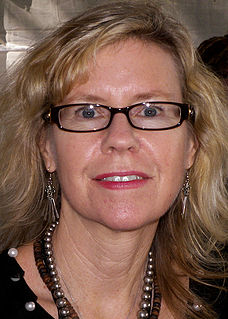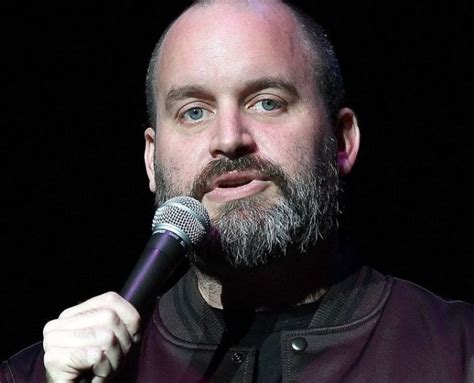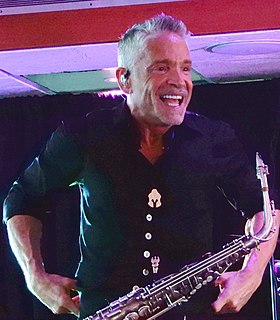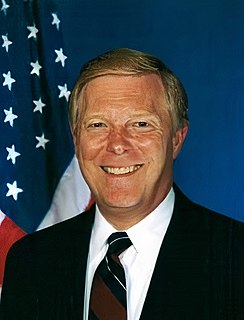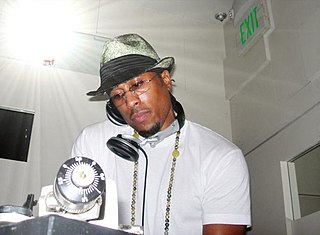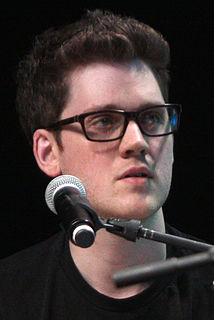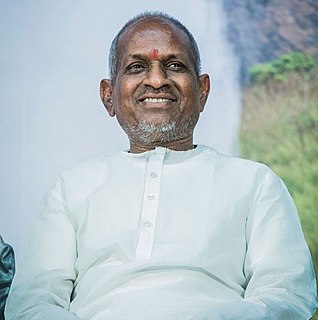Цитата Сьюзен Стрейт
Лучшее, что я могу сказать, это то, что вы должны быть действительно хорошим слушателем. Если я иду на семейную встречу, а там 400 человек, все подходят и рассказывают мне свои истории, верно? И я думаю, что когда ты хороший слушатель и можешь представить, как кто-то говорит, диалог — твой ключевой друг, не так ли?
Связанные цитаты
Я думаю, чтобы быть отличным собеседником, вам нужно быть заинтересованным в том, чтобы участвовать в разговоре. Как ни странно, я думаю, что вам нужно быть хорошим слушателем, и я действительно думаю, что я хороший слушатель. Я думаю, что это мое преимущество — я всегда слушаю людей, когда разговариваю с ними, и это важная вещь, которую вы должны иметь в жизни и в подкастах.
Я бы, наверное, делал одно и то же снова и снова. Мы существа привычки. Мы знаем то, что знаем. С сотрудничеством ... и я говорю не только о музыке, я говорю о жизни - если вы хороший слушатель и у вас открыты уши, а чтобы быть хорошим сотрудником, вы должны уметь слушать , вы можете узнать что-то от кого-то другого.
<> Как мило с твоей стороны сказать, что я твой лучший друг. <> Ты мой лучший друг, манекен. <> Правда? Ты мой лучший друг. Но я всегда предполагал, что кто-то другой был твоим лучшим другом, и меня это полностью устраивало. Тебе не обязательно говорить, что я твой лучший друг, просто чтобы доставить мне удовольствие. <> Ты такой хромой. <> Вот почему я решил, что кто-то другой был твоим лучшим другом.
Я думаю, что лучшее в музыке то, что кто-то может написать песню, которая будет такой личной, и в то же время она расскажет истории многих других людей. Это своего рода пример того, что мы все как бы на одной волне [длине] - удивительно, насколько утешительной может быть чья-то история, потому что мы так или иначе пережили их историю, и я могу полностью понять, и я добираюсь до почувствовать это чувство и выражение этой эмоции. Я как слушатель чувствую, что кто-то меня понимает, что невероятно.
Написание оригинальных песен намного, намного сложнее (я думаю), потому что вы должны сами вызывать в воображении КАЖДЫЙ момент, который слушатель услышит. Это ремесло, которое идет прямо от вашего мозга к их ушам. Вы никогда не можете быть уверены, что то, что вы пишете, будет достаточно хорошим, чтобы увлечь слушателя и действительно что-то испытать. Это выстрел в темноте.
Я всегда говорю студентам, что когда вы что-то пишете, вы хотите написать первый черновик, и вы хотите, чтобы он вышел легко в начале. Если вы боитесь сказать то, что действительно хотите сказать, вы заикаетесь. Когда вы думаете о своем слушателе, вы начинаете заикаться, и только потому, что вы нервничаете, ваш слушатель судит вас.
